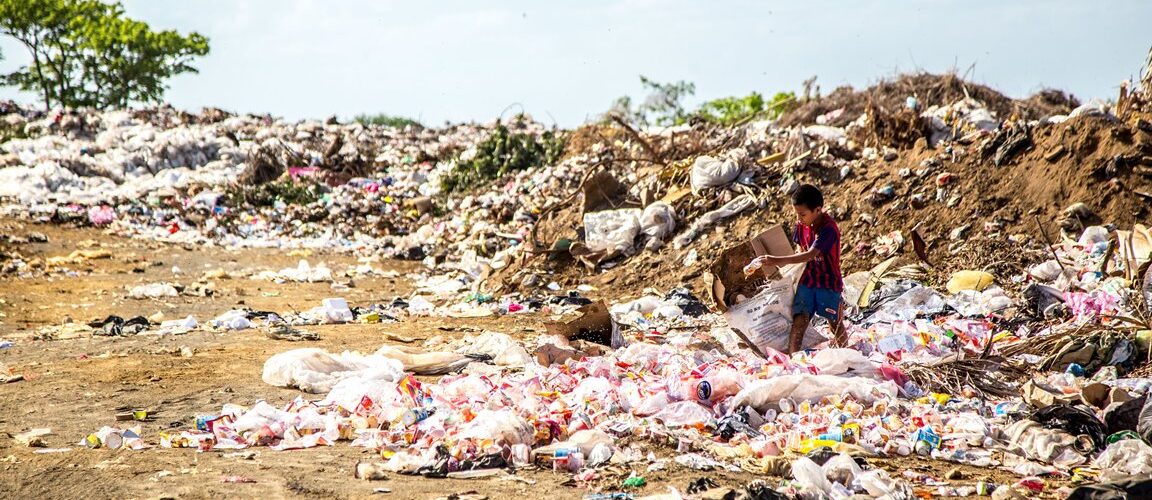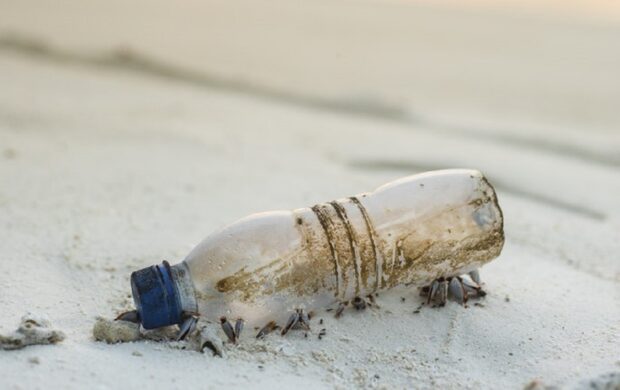South-East Asian countries are cracking down on waste imports after facing increased dumping of waste from industrialised nations, predominantly Britain, Germany, Australia and the United States.

After China stopped importing 45% of the worlds refuse for recycling to cut down on pollution, Thailand’s imports spiked to 75,000 tonnes per month in early-2018 according to Greenpeace’s 2018 Recycling Myth Report. In response, Thailand’s Natural Resources and Environment Department announced plans to completely ban recyclable plastic imports by 2020.
Additionally, Malaysian authorities have shut down 139 unlicensed plastic recyclers that are profiting from the global trade in plastic waste, which is valued at more than the U.S. $5 billion per year.
The 2019 Basel convention amended the 1989 treaty to reduce the movement of plastic and hazardous waste across national borders. These amendments will be enforced from Jan 1st 2021 and will require nations that export plastic waste to first obtain permission from receiving countries.





